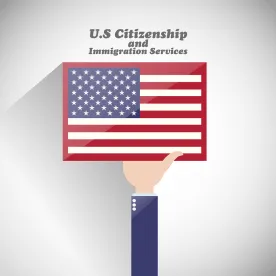As of June 1, 2020, USCIS has resumed premium processing in phases by case-type. Premium processing had been temporarily suspended since March 20, 2020 due to the COVID-19 pandemic.
Premium processing is resuming in phases over the next few weeks per the schedule below:
June 1, 2020: I-140 employment-based immigrant petitions that are eligible for premium processing. This includes pending and new I-140 petition filings. (As a reminder, EB-1C multinational manager and EB-2 national interest waivers are not eligible for premium processing).
June 8, 2020: Cap-exempt H-1B petitions filed before June 8 that are pendingadjudication. This includes change of employer H-1B filings where the beneficiary has already been counted out of the H-1B quota.
All other non-H-1B Form I-129 petitions (such as petitions seeking L-1, O-1, TN, status, etc.) filed before June 8 that are pending and are eligible for premium processing
June 15, 2020: New H-1B petition filings that are cap-exempt either due to a cap-exempt employer (institution of higher education, nonprofit research or government research organization) or where the beneficiary is cap-exempt based on certain J-1 two year home residence waivers.
June 22, 2020: All other new Form I-129 petitions requesting employment-based nonimmigrant classification or extension to include FY 2021 H-1B cap subject cases—most of which will have already been filed--plus all other eligible nonimmigrant classifications.
For premium processing requests for pending cases, the request for premium processing and additional fee is filed referencing the already pending case. Otherwise, the premium processing request and additional fee is submitted with the primary petition.
In this announcement resuming premium processing, USCIS indicated that these phase-in dates are subject to change depending on the volume of premium processing requests.
Once the full premium processing phase-in is complete on June 22, 2020 (assuming USCIS does not make any changes) premium processing will be fully restored to its pre-March 20, 2020 eligibility.




 />i
/>i

